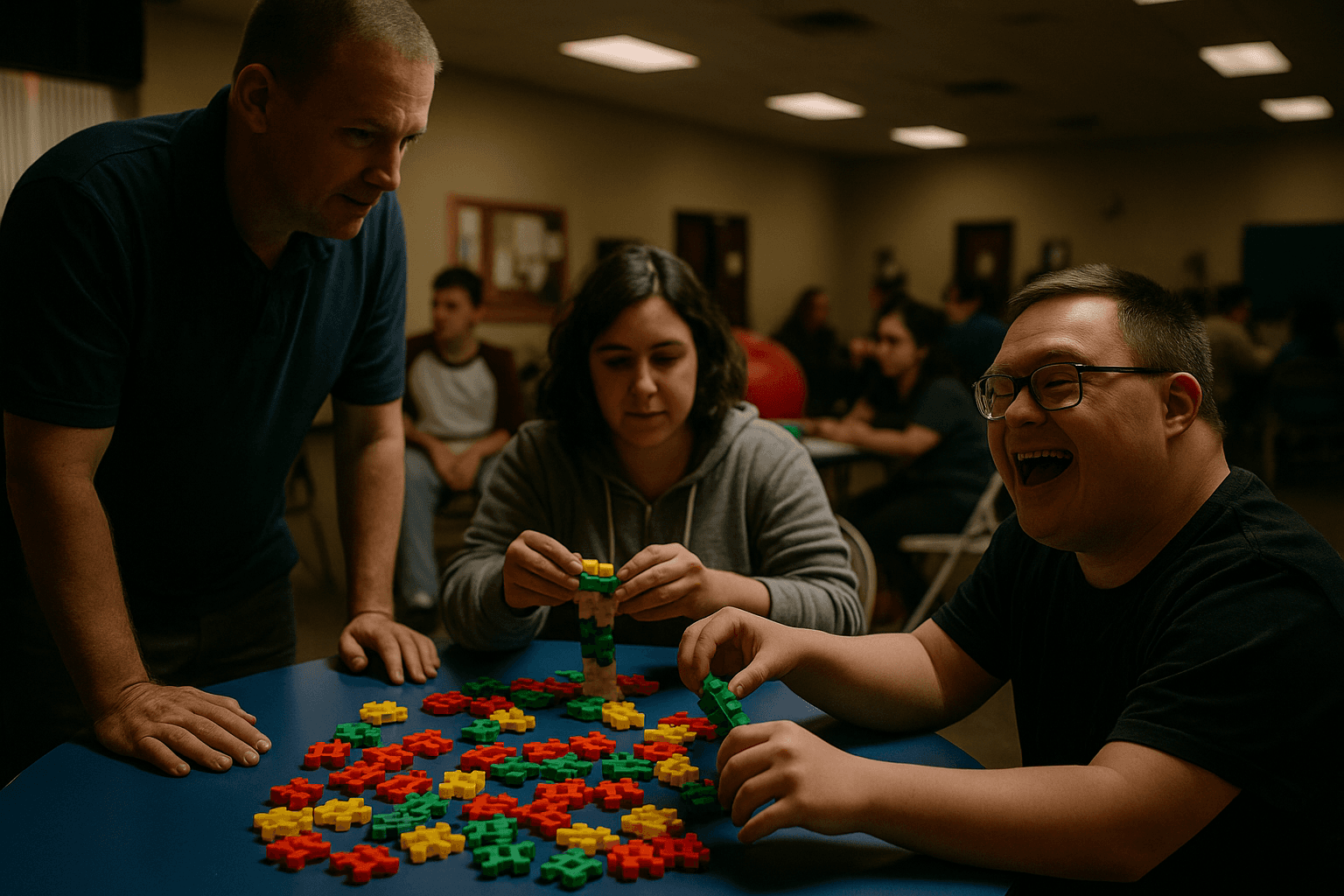Wylie program builds inclusive social hub for special needs community
The All Abilities Hub in Wylie offers a weekly, inclusive gathering for children, teens and adults with special needs, providing social activities in a low pressure, sensory friendly setting. The program, detailed in a Nov. 13 article, matters to local families because it expands accessible social opportunities and points to gaps in public supports for residents with disabilities.

On Nov. 13 the Wylie News published a profile of the All Abilities Hub, a local program founded by Katia Mukhammadieva that organizes a weekly inclusive gathering for people with special needs. The Hub serves members ages 6 to 25 and up, and operates with a flexible participation model designed to reduce pressure and accommodate sensory needs. Organizers emphasize social activities and peer connections as core aims, with a structure intended to make attendance straightforward for families seeking accessible options.
The Hub’s approach is sensory friendly and informal, allowing participants to join at their own pace and engage in ways that suit their comfort and ability. That operational design addresses a common barrier for families, who often find mainstream recreational offerings lack the adjustments needed for participants on the autism spectrum or with other developmental differences. The program’s emphasis on friendship building and mutual support creates a community resource that complements formal services provided by schools and health systems.
For Collin County residents the Hub highlights practical governance and policy questions. Local municipalities, school districts and nonprofit funders face decisions about whether to support similar community based programs through grants, facility access or partnership arrangements. The Hub’s demand suggests an unmet need in accessible recreational programming, and presents an opportunity for local officials to consider more coordinated responses that reduce reliance on grassroots volunteer efforts alone.

The All Abilities Hub also illustrates the role of civic engagement in expanding community services. Volunteer coordinators and families contribute time and resources to sustain weekly meetings, and their involvement could form the basis for broader collaboration with parks and recreation departments or family support services. For voters and policymakers, the program underscores how local service gaps translate into everyday challenges for residents and how targeted public investments could increase inclusion and social participation for people with disabilities.
As the Hub continues its weekly gatherings, it remains a visible example of community driven solutions within Wylie and Collin County. Its growth and sustainability will test how local institutions respond to a clear demand for accessible social spaces.


